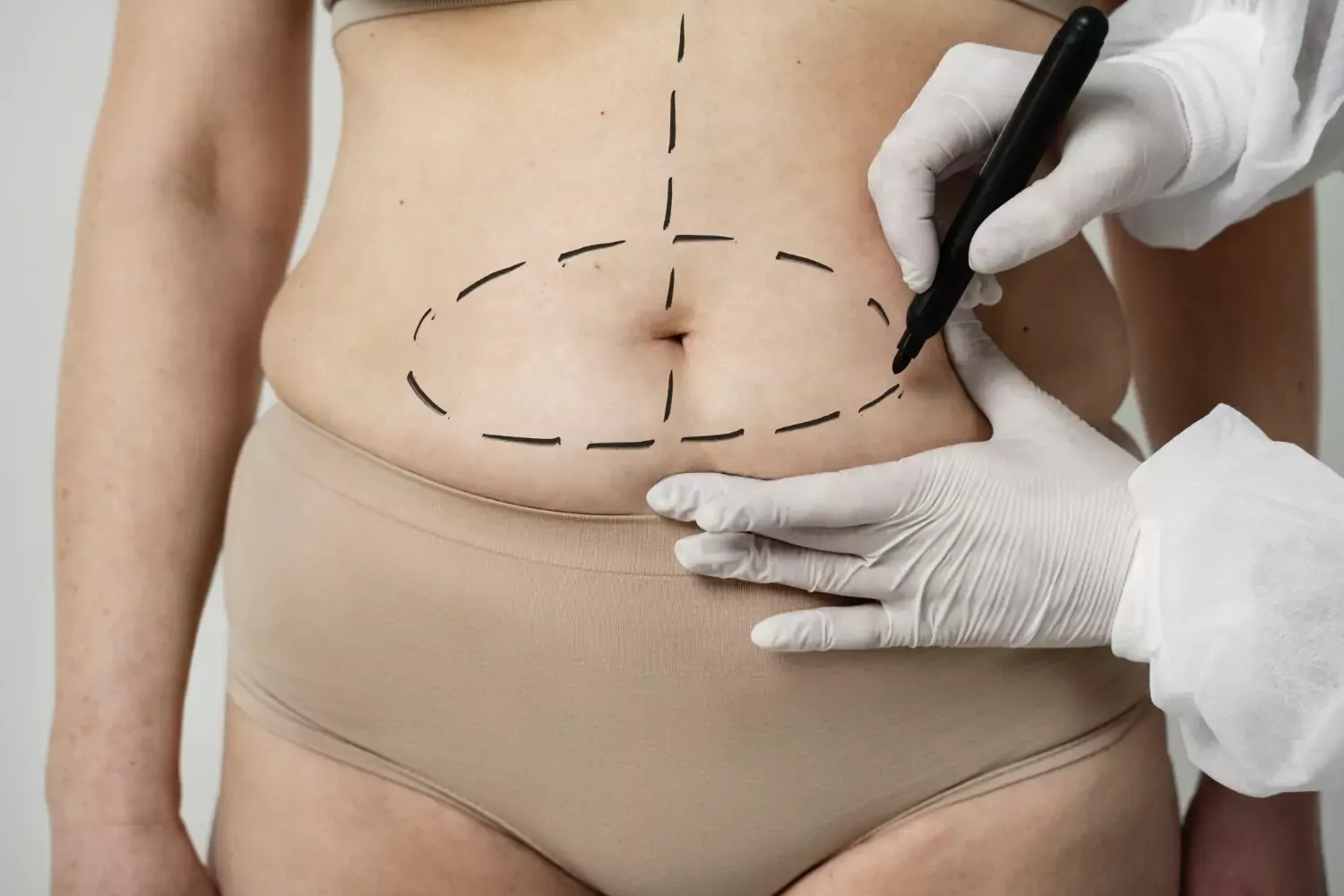What Heart Tests Should You Get Before Traveling Abroad for Treatment?

Planning a medical trip abroad? That’s a big step, and there’s something important you shouldn’t overlook—your heart health.
Before you pack your bags, it’s important to know which heart tests you should get before traveling abroad for treatment. It might feel a bit overwhelming, but these simple checks are a smart way to make sure you stay safe on your journey.
Traveling, especially for medical procedures, can put stress on your heart. Long flights, time zone shifts, and the stress of treatment itself can all affect your cardiovascular system. That’s why doctors recommend certain heart tests to make sure you’re fit to travel and undergo your treatment safely.
Now, let’s take a closer look at the essential heart tests you should consider before your trip.
Basic heart tests for all medical tourists
No matter your age or health status, everyone should get some basic heart tests before traveling for treatment. These basic tests give your doctor a clear picture of your heart’s health and help flag any red flags that might pop up during travel or treatment.
Think of them as the baseline check-up every medical traveler should get, whether you're flying for dental work or a major surgery.
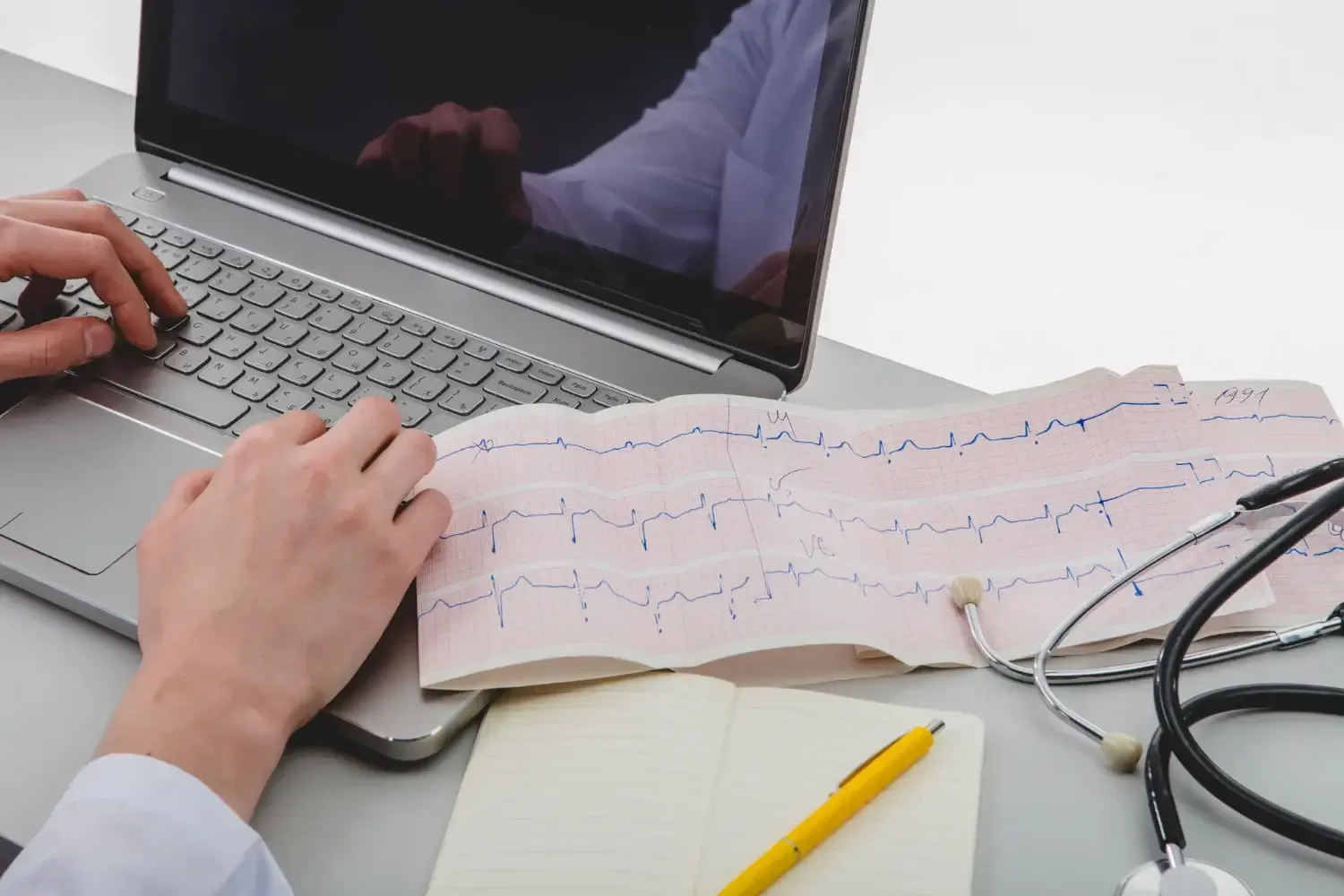
Complete physical exam
This is your starting point. Your doctor will check your overall health, listen to your heart and lungs, and ask about symptoms like chest pain, shortness of breath, or dizziness. This exam sets the stage for what tests you might need next.
Blood pressure measurement
High blood pressure is known as the "silent killer". It usually has no symptoms, but it puts major stress on your heart and arteries. Knowing your blood pressure before traveling helps your doctor manage the risk of heart strain during flights, changes in altitude, or during your treatment abroad.
Basic Electrocardiogram (ECG)
The ECG records the electrical signals in your heart. It’s a quick, painless test that can detect abnormal rhythms, signs of previous heart attacks, or other heart conditions that may not show symptoms. This way, your doctor can advise on safe travel plans.
Comprehensive metabolic panel and lipid profile
Blood tests help check cholesterol levels, blood sugar, kidney function, and liver health — all factors that affect your heart.
For example, high LDL cholesterol (bad cholesterol) or high sugar levels can damage your arteries and heart over time. So it’s important to know where you stand before your trip.
Chest X-ray
Especially if you’re over 50 or have a history of respiratory or heart issues, a chest X-ray helps visualize your lungs and heart size. It can spot conditions like heart enlargement or lung disease that might complicate travel.
This helps your doctor identify if you’re safe to travel or if you need further testing or treatment first.
Medium-risk heart testing: For those with moderate risk or symptoms
If you have known heart disease, symptoms, or risk factors like obesity, smoking, or diabetes, your doctor will likely recommend more detailed testing. These go beyond basics to assess how well your heart functions under stress.
And they help uncover hidden problems that could make traveling or treatment riskier and give your doctor the info needed to customize your care.
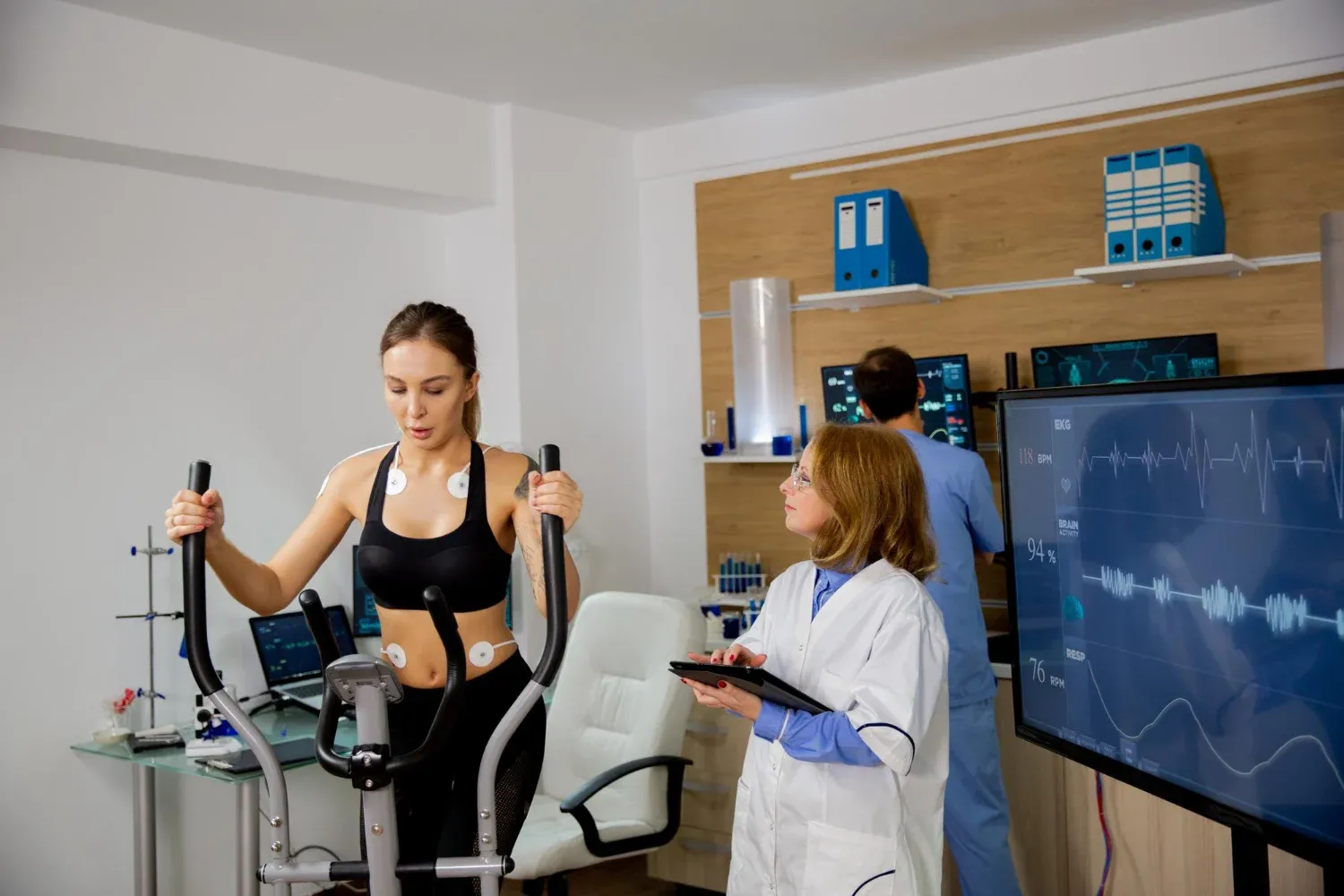
Echocardiogram
Think of this as an ultrasound for your heart that shows how well your heart muscles and valves are working. It can detect valve problems, weakened heart muscle, or fluid around the heart — all important to know before travel.
Exercise stress test
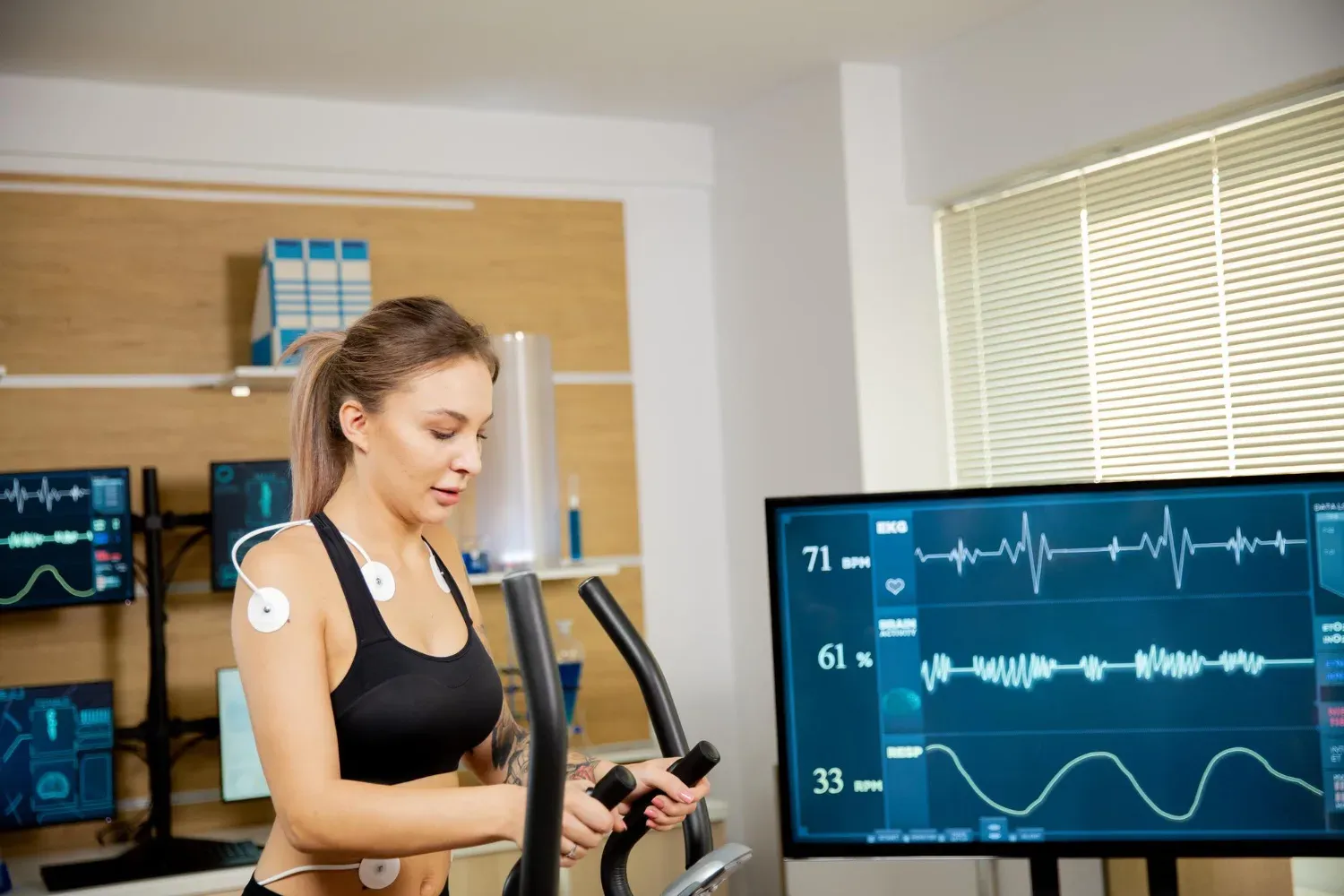
This test monitors your heart while you walk on a treadmill or pedal a stationary bike. It shows how your heart handles physical activity and reveals problems like blocked arteries that might only show up when your heart is working hard.
For those who can’t exercise, doctors can give medicines that mimic exercise effects on the heart.
Extended blood work, including cardiac markers
Here, your blood is tested for specific markers like troponin, NT-proBNP, and CRP. These substances can rise when your heart is under stress or damage.
It’s a deeper insight into your heart’s current condition, which is especially important if you’ve had vague symptoms like fatigue or shortness of breath.
High-risk heart testing: For those with serious heart issues or symptoms
If you have a history of heart attacks, chest pain, arrhythmias, or if you’re traveling abroad specifically for heart treatment, you’ll need advanced testing. These tests are more detailed and often involve specialists.
Holter monitoring
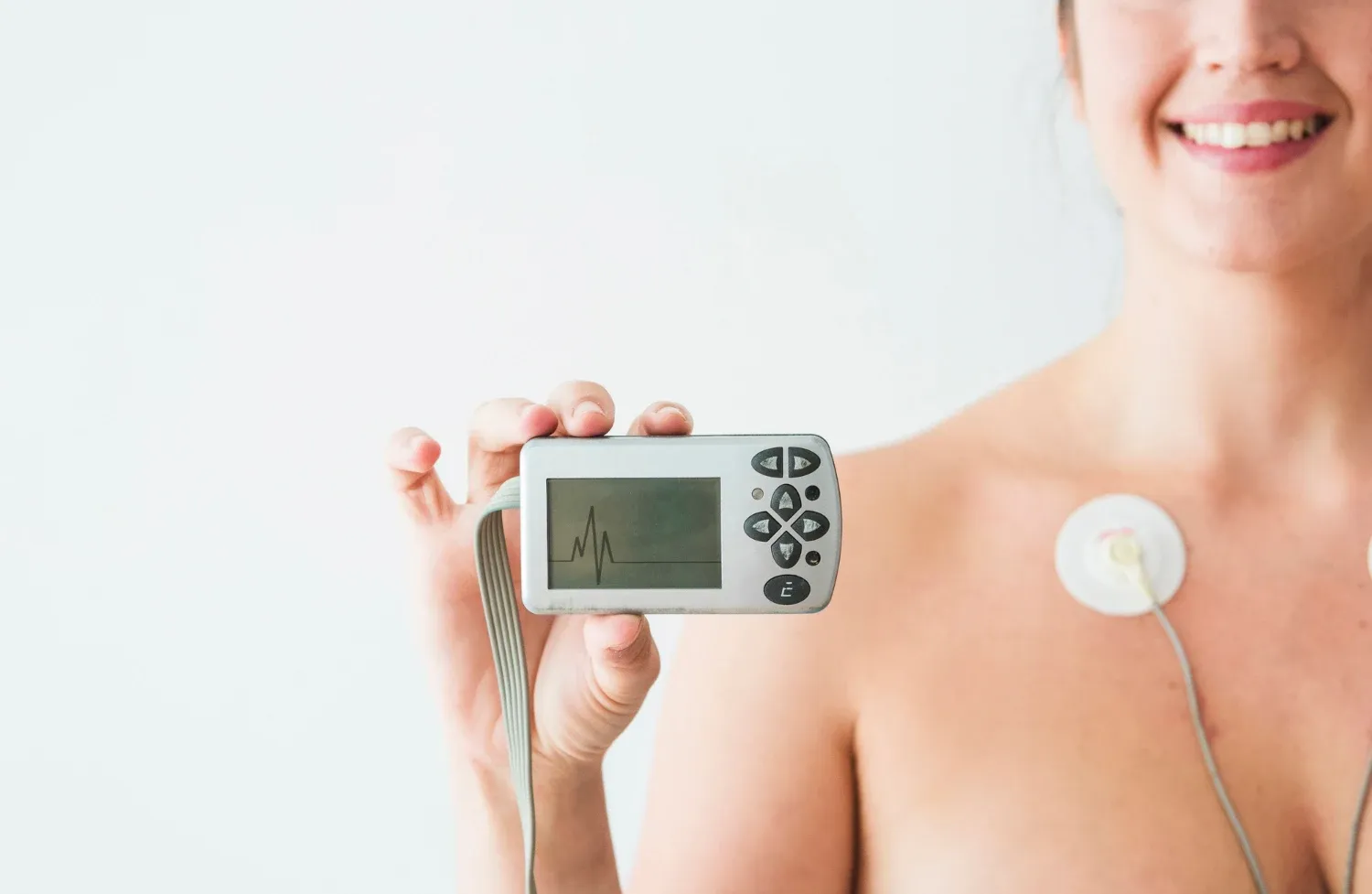
A Holter monitor is a portable EKG you wear for 24-48 hours. It tracks your heart’s activity the whole time, even while you sleep or move around. This helps spot irregular heartbeats that may not show up during a short ECG at the clinic.
Cardiopulmonary exercise testing
This test measures how well your heart and lungs work together during exercise with sensors that track oxygen intake, carbon dioxide output, and heart function. It’s a more detailed assessment of your fitness and cardiovascular risk.
It’s often used in patients with heart failure or complex heart-lung issues to predict how well they’ll handle surgery or intense procedures.
Cardiac MRI or coronary calcium scan
These are high-tech imaging tests. A cardiac MRI provides detailed pictures of your heart’s structure and function. This helps identify swelling, scarring, or congenital problems. Meanwhile, a coronary calcium scans detect calcified plaques in your arteries, indicating atherosclerosis (artery hardening), a major risk for heart attacks.
Coronary CT angiography (CTA)
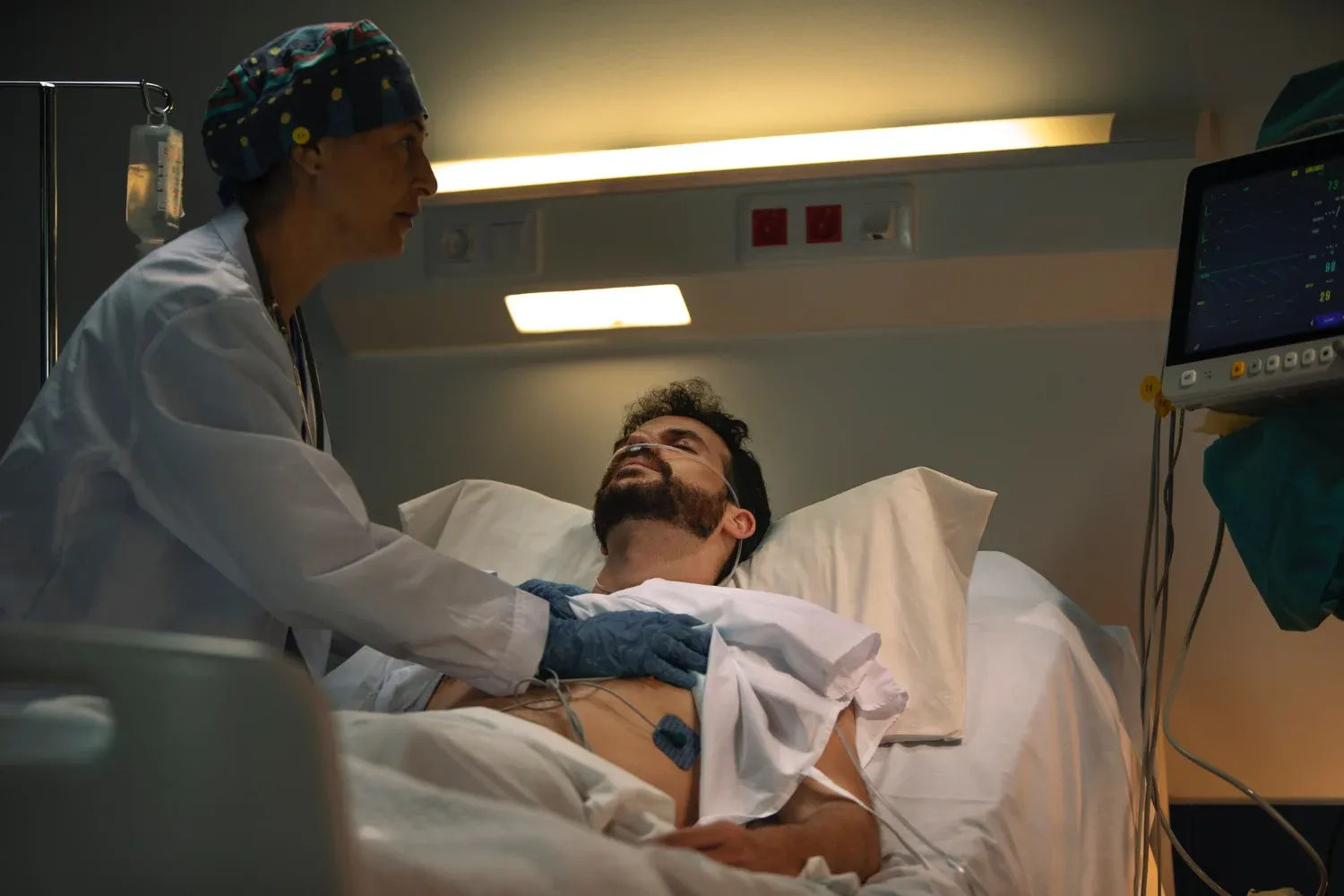
This is a special scan that looks at the arteries supplying your heart. It helps detect any blockages or narrowing that could cause trouble, especially if you have risk factors like high cholesterol, diabetes, or a family history.
If you’re at risk, this scan can catch dangerous blockages before they cause heart attacks or other serious issues during your trip.
Cardiology consultation
Seeing a heart specialist ensures expert evaluation of your risk and treatment options. They’ll check your full history, symptoms, test results, and travel plans.
From there, they can give you expert advice on medications, precautions, and what to do in case of an emergency while abroad.
| Risk Level | Recommended Tests |
|---|---|
| Basic | Physical exam, blood pressure, basic EKG, metabolic panel & lipid profile, chest X-ray (if 50+) |
| Medium-Risk | Echocardiogram, exercise stress test, extended blood work with cardiac markers |
| High-Risk | Holter monitoring, cardiopulmonary exercise testing, cardiac MRI or coronary calcium scan, cardiology consult, angiography |
Why are heart tests important before medical travel?
Traveling abroad, especially for surgery or other procedures, is a big physical and emotional event. If your heart isn’t in good shape, you could face complications. These can include heart attacks, arrhythmias (irregular heartbeats), or other cardiac events—none of which you want when you’re far from home.
The American Heart Association suggests that anyone with known heart disease or risk factors, like high blood pressure or diabetes, should get a thorough heart checkup before traveling long distances. Plus, long-haul flights can increase the risk of clotting and strain the heart, especially in people with pre-existing conditions.
If your medical travel includes heart procedures like surgery, stenting, or valve replacement, these tests become even more crucial. They give your healthcare team abroad detailed insights into your heart’s condition, helping them plan your treatment carefully and avoid surprises or delays.
In short, thorough heart testing before your trip helps make sure your medical journey is safer and smoother, giving you peace of mind every step of the way.
What happens if a test shows a problem?
Don’t freak out if something shows up. Catching issues early means doctors can adjust your treatment plan. Sometimes you might need medication tweaks or delay travel to stabilize your heart. That’s all part of smart care.
Remember, these tests aren’t about scaring you but about keeping you safe.
How to prepare for your heart tests and travel
Here are some easy ways to keep your heart safe while you travel:
-
Book your tests early: Get your heart health checked well before your trip.
-
Share your travel plans with your doctor.
-
Keep copies of your test results handy—digital or printed.
-
Discuss any symptoms like chest pain, palpitations, or fatigue openly.
-
Stay active and hydrated during travel.
-
Take your medications on time and bring enough for the entire trip.
-
Consider travel insurance with coverage for heart-related emergencies.
Preparing for heart tests before traveling? QCG has you covered
Before you board that plane for treatment abroad, getting all the essential heart tests is important for a safe trip.
At Quality Care Global (QCG), we connect you with trusted doctors and diagnostic centers to make sure you get all the essential heart screenings on time.
Our experts guide you through each step—helping schedule tests like ECGs, Holter monitoring, or stress tests—so you can travel with confidence and peace of mind. Plus, we coordinate your medical care abroad to keep your heart health a top priority.
Ready to take the stress out of pre-travel heart testing? Reach out to QCG today and let us help you every step of the way.

